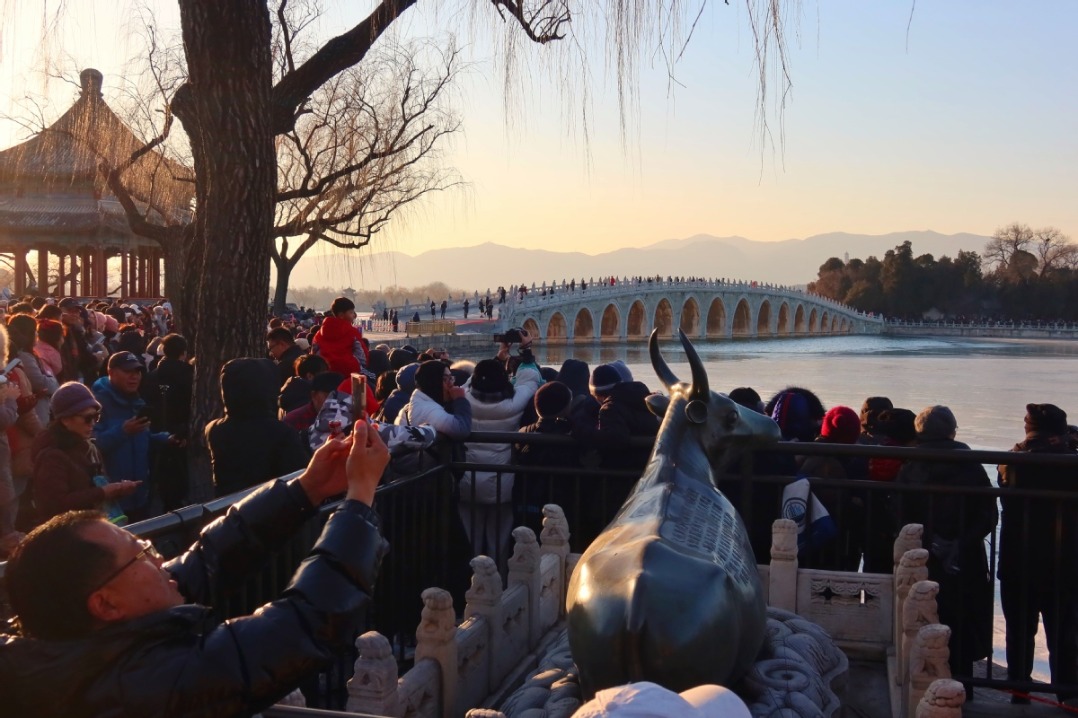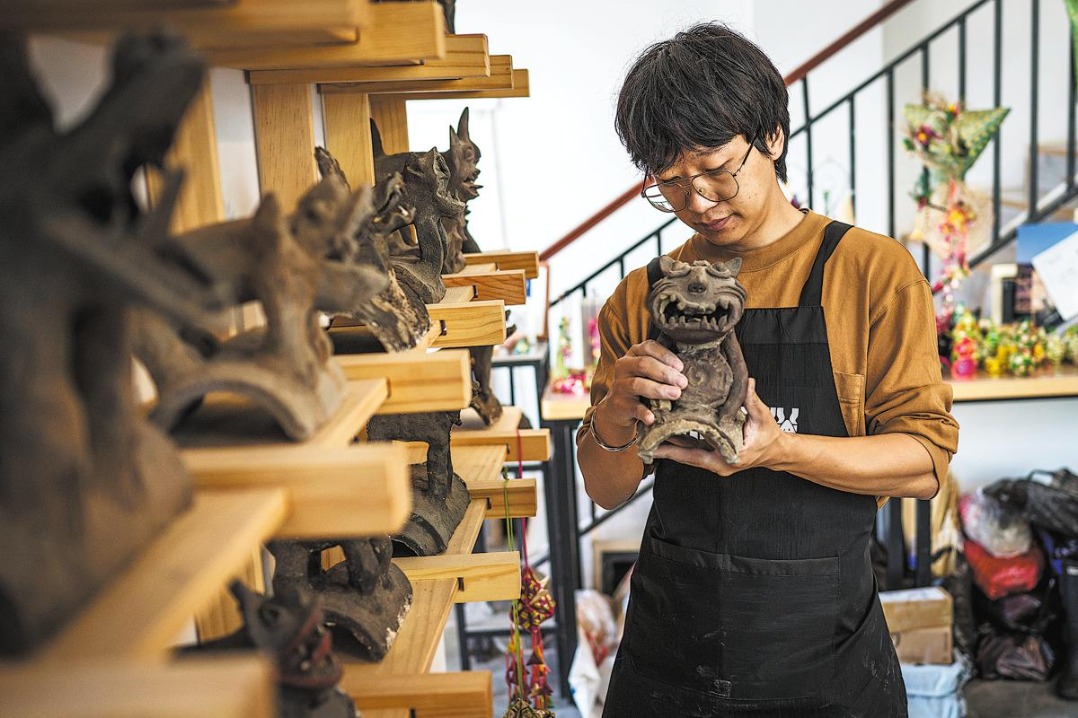More than 170,000 defaulters banned from senior management positions in China
Share - WeChat

BEIJING -- More than 170,000 people who failed to honor court orders have been banned from taking senior positions in companies since 2013, according to an official from China's supreme court.
Since 2013, a total of 8.8 million violations committed by defaulters have been put on a government blacklist of people who are found to have transferred or hidden assets, evaded or resisted law enforcement, said Meng Xiang, chief of the Supreme People's Court enforcement bureau.
Courts across the country have forbidden defaulters from buying 8.7 million airplane tickets and 3.4 million high-speed train tickets, said Meng.
"In joint efforts with other government organs, social organizations and companies, the supreme court puts constraints on defaulters, and has made more than 1 million of them voluntarily carry out court orders," Meng said.
Publishing the blacklist is only one of the measures rolled out by the court to tackle weak law enforcement, Meng emphasized, adding that the supreme court issued a series of regulations on online judicial auction, property preservation and investigation, and management of seized assets in 2016.
"We have clear rules to follow at every step in order to monitor and regulate the whole enforcement process," he noted.
Since 2013, a total of 8.8 million violations committed by defaulters have been put on a government blacklist of people who are found to have transferred or hidden assets, evaded or resisted law enforcement, said Meng Xiang, chief of the Supreme People's Court enforcement bureau.
Courts across the country have forbidden defaulters from buying 8.7 million airplane tickets and 3.4 million high-speed train tickets, said Meng.
"In joint efforts with other government organs, social organizations and companies, the supreme court puts constraints on defaulters, and has made more than 1 million of them voluntarily carry out court orders," Meng said.
Publishing the blacklist is only one of the measures rolled out by the court to tackle weak law enforcement, Meng emphasized, adding that the supreme court issued a series of regulations on online judicial auction, property preservation and investigation, and management of seized assets in 2016.
"We have clear rules to follow at every step in order to monitor and regulate the whole enforcement process," he noted.
Related Stories





































